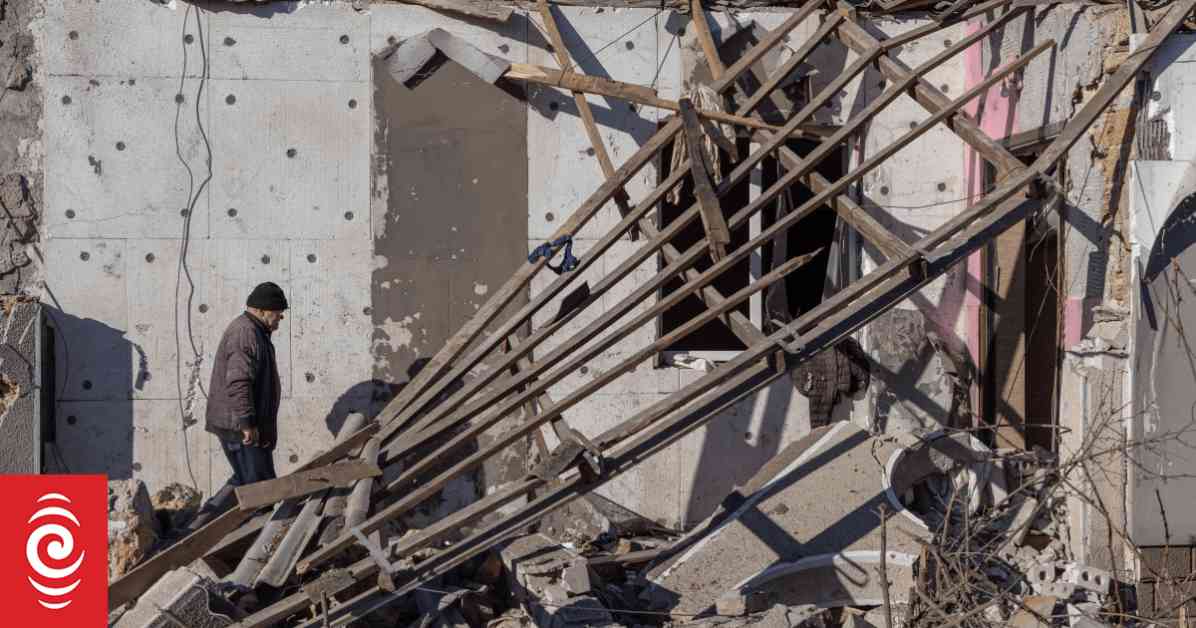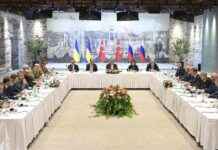Crimean Man Granted Refugee Status to Escape Forced Military Service
A 50-year-old Crimean man residing in New Zealand has recently been granted refugee status to avoid being conscripted to fight in the Ukrainian army. Despite living in New Zealand for 25 years, he faced the looming threat of forced military service if he were to return to Crimea. The man, who speaks only Russian and identifies as Russian, found himself in a complex situation due to his classification as Ukrainian nationality following the dissolution of the Soviet Union.
Concerned about being compelled to fight against his own people if he were to return to Crimea, the man appealed for refugee status to escape the possibility of being conscripted into the Ukrainian army. The immigration and protection tribunal highlighted the inherent danger he would face in his homeland, emphasizing the psychological harm he would likely endure due to his lack of exposure to war, drone attacks, and missile strikes.
Struggle for Survival and Identity
The man’s plight reflects his deep-rooted struggle to reconcile his nationality and identity amidst the ongoing political conflicts in Crimea. His desire to defend his homeland and family against potential invasion by Ukrainian forces in Sevastopol underscores his commitment to protecting his loved ones, even at the cost of personal sacrifice.
Uphill Battle for Integration
Despite his long-standing presence in New Zealand, the man faces significant challenges in establishing himself due to language barriers and potential discrimination as an ethnic Russian. The tribunal recognized the hurdles he would encounter in securing employment and integrating into society, given his limited support network and unfamiliarity with the current political landscape in Crimea.
Persecution and Protection
The tribunal’s decision to grant him refugee status stemmed from the intersection of his race and nationality, which placed him at risk of persecution if he were to return to Crimea. By acknowledging his vulnerability and the potential threats he faced, the tribunal affirmed his right to seek asylum and protection from the looming dangers in his homeland.
In conclusion, the man’s journey to secure refugee status sheds light on the complex realities faced by individuals caught in the midst of political turmoil and conflict. His story serves as a poignant reminder of the enduring human spirit and resilience in the face of adversity, urging us to reflect on the importance of compassion and empathy in welcoming those seeking refuge and safety in our midst.

















